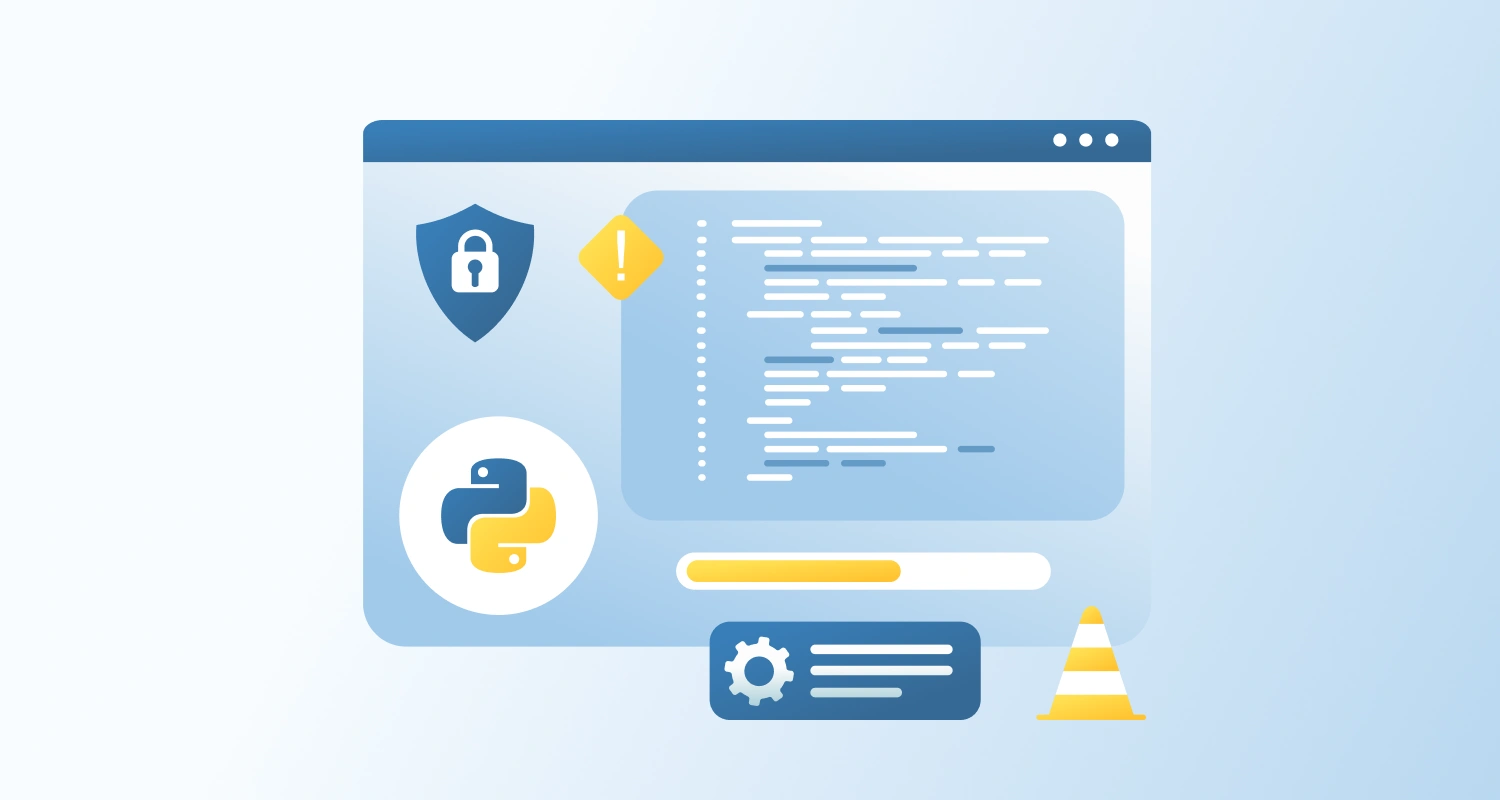Minimal APIs in .NET 8 are designed to simplify the process of building lightweight HTTP APIs with a focus on minimal code, faster development, and improved performance. They are especially useful when you want to expose simple endpoints without the overhead of the traditional MVC architecture.
How Minimal APIs are Used and Beneficial in .NET 8?
1. Lightweight and Concise Syntax
You can define endpoints directly in the Program.cs file without needing controllers or extensive boilerplate:
var builder = WebApplication.CreateBuilder(args);
var app = builder.Build();
app.MapGet("/greet", () => "Hello from Minimal API!");
app.Run();This is particularly useful for small applications, microservices, or APIs that don’t require complex routing or filters.
2. Improved Developer Productivity
Minimal APIs reduce ceremony (no controllers, no [HttpGet] attributes, no startup class). Developers are able to better focus on business logic, resulting in faster prototyping and development cycles.
3. Performance-Oriented
Minimal APIs are faster at runtime due to their lightweight nature. Since there’s no MVC middleware pipeline involved, the request-handling path is more direct, making them ideal for performance-critical applications.
4. New Enhancements in .NET 8
.NET 8 makes Minimal APIs more powerful and closer in capability to MVC:
- Route Groups with MapGroup(): Helps organize related endpoints under a common prefix.
- Filters via IEndpointFilter: Adds cross-cutting behaviors like logging, auth checks, or validation.
- Request Validation: Using endpoint filters to validate input data before executing logic.
Typed Results: Enables consistent HTTP response types and better OpenAPI support. - Enhanced DI and Parameter Binding: Cleaner injection of services and parameter values from the request.
Example using filters and DI:
app.MapGet("/products/{id}", (int id, IProductService service) =>{ var product = service.GetById(id); return product is not null ? Results.Ok(product) : Results.NotFound();
});5. Great for Microservices and Serverless
Minimal APIs are ideal for microservices, serverless functions, or any architecture where each component is small and focused. Their fast startup time and minimal memory footprint are big advantages.In short, the use of Minimal APIs in .NET 8 is all about simplifying the development of modern, fast, and scalable APIs with clean syntax, improved tooling, and performance improvements—all without sacrificing extensibility.





